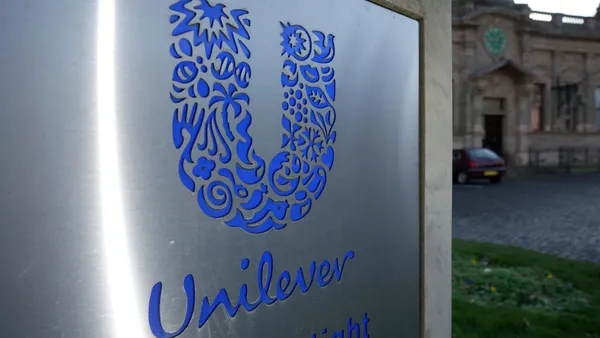Dive Brief:
- Media organizations have formed the News Media Alliance in order to create a more equitable balance of power when negotiating with major online platforms like Google and Facebook, which have become increasingly important in distributing news and take in the majority of digital ad spending, according to a report in The New York Times.
- The alliance is seeking a limited antitrust exemption from Congress in order to negotiate directly with Google and Facebook to win meaningful accommodations.
- Exemplifying the pressure media organizations face, the Alliance has buy-in across the membership of the newspaper industry trade group from national competitors like The Wall Street Journal, Washington Post and New York Times as well as regional news groups like the Star Tribune of Minneapolis.
Dive Insight:
The issue at hand is online platforms like Google and Facebook have developed outsized influence over how news is distributed as publishers have to rely on the online platforms for digital distribution and getting their product in front of consumers. According to the New York Times, the main reason publishers formed the Alliance to negotiate with Google and Facebook is that supporting quality journalism is expensive and under more economic pressure than ever. The relationship between publishers and big digital platforms seems “very asymmetric” and “disadvantageous,” according to Mark Thompson, CEO of the New York Times Company in the Times report, and publishers are feeling more concern and even anger over the discrepancy.
Overall weekday circulation for newspapers declined from around 62 million in 1990 to an estimated 34.6 million in 2016, down 8% from the previous year, according to Pew Research Center. The media research organization also estimates that digital circulation for several major publications experienced flat growth in 2016. Advertising revenue for the industry as a whole totaled $18 billion in 2016, down 10% year-over-year. At its height in 2006, the industry brought in $46 million in ad sales.
A recent report from eMarketer estimated that Google will account for 40.7% of the $83 million that will be spent on U.S. digital ads in 2017, more than double Facebook's share. No other company will come even close.
While these numbers tell a sobering story about the state of the U.S. news media, an argument can be made that traditional news publishers allowed the current marketplace dynamics to develop by dragging their heels in shifting their focus to digital consumption. The formation of the News Media Alliance, therefore, could be interpreted as sour grapes since news organizations continue to watch their readership and ad sales decline and are at a loss at how to turnaround the situation.
The alliance's formation also happens to arrive at a time when Facebook and Google appear to be more vulnerable than in the past, with big advertisers upset over a lack of transparency in metrics and the proliferation of fake news.
Still, being granted a limited antitrust exemption seems like a long shot as this is not something that happens often. News publishers are hoping to avoid the legal hot water that book publishers landed in when they collaborated with Apple to build an online competitor to Amazon.
For their part, Facebook and Google have both taken steps to improve their relationships with publishers. Google tweaked its search algorithm to boost quality news in search results, and Facebook is helping publishers with a subscription model on its platform. That publishers still feel the need to create an alliance suggests these moves don't go far enough as far as they are concerned.












